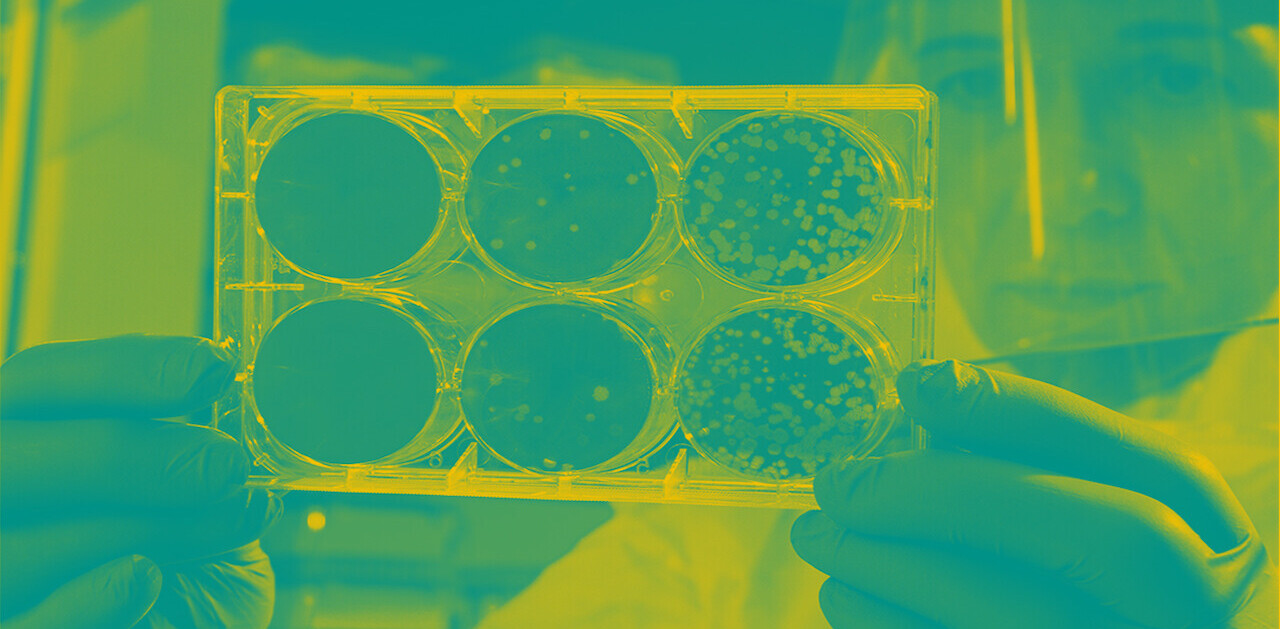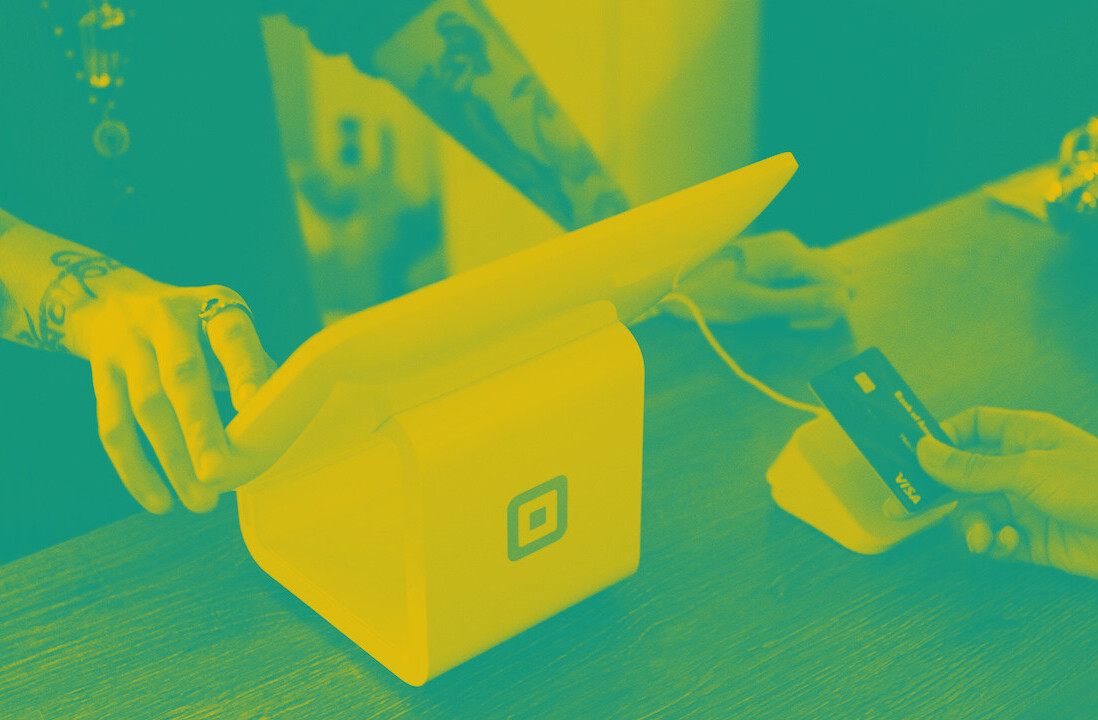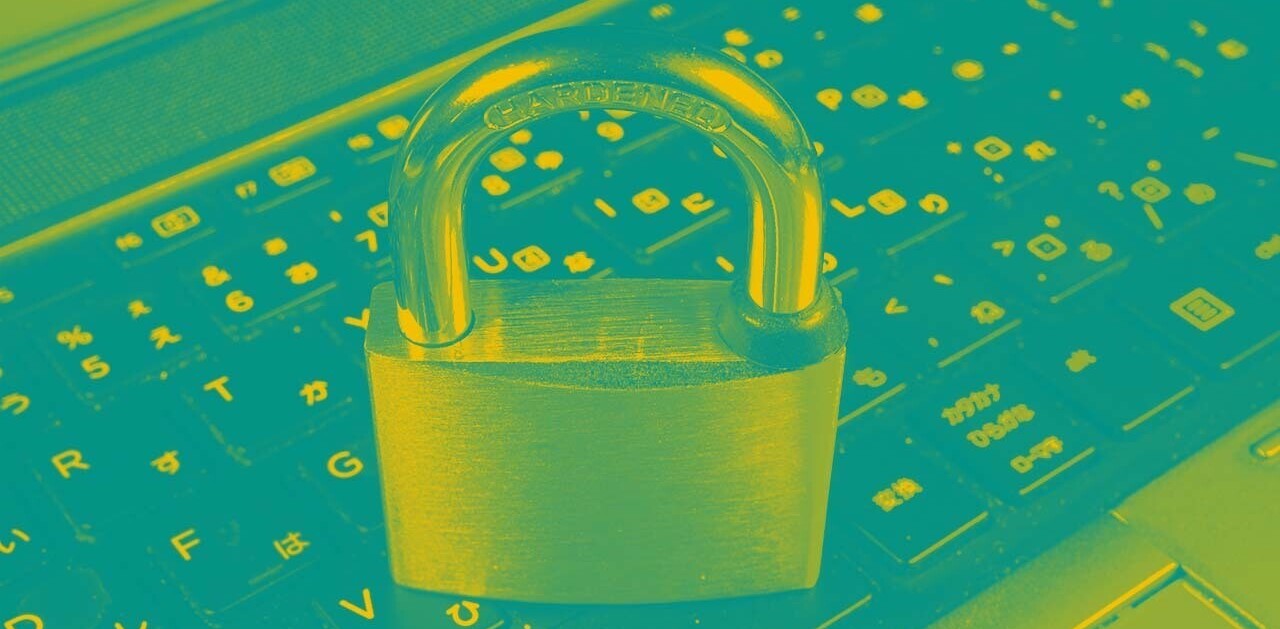
Quantum computers are expected to exceed the capabilities of classical computers in the next five to 10 years and promise vast increases in processing power over silicon chips. It could mean great things for answering some of the world’s toughest scientific questions, but it’s also a cause for concern.
With more powerful computers, and the ability to carry out more mathematical operations every second, contemporary encryption algorithms all of a sudden provide much less security than they did in a time before quantum computers. Security researchers at IBM warned that quantum computers could have the power to instantly break even the strongest encryption protocols within the very near future. Although this issue will likely come into play within five to 10 years, developing security measures against quantum computers is a longterm process. So action needs to be taken today.
Though that’s all set to change, as quantum technology research group QuTech and Dutch bank ABN AMRO have just announced a partnership – the world’s first of its kind – to use quantum computing principles to improve the bank’s data security. The partnership is already actively developing something called Measurement-Device Independent Quantum Key Distribution (MDI-QKD) and will use it to address the security challenges posed by super-powerful quantum computers, it stands to be the banking industry’s first application of a quantum technology.
Want to work at ABN AMRO? They’re hiring.
QuTech is a specialist research group of academics and experts in the field, its sole purpose is to research and develop quantum technologies for societal good. In partnership with ABN AMRO, it’s already well underway with the development of its ultra-secure data connection based on MDI Quantum Key Distribution. In fact, the Dutch bank is already preparing itself to implement it to make its banking systems more secure towards the future.
Why should we be concerned?
“[A quantum] computer will render currently-used cryptosystems insecure, thereby invalidating all applications of information and communication technology (ICT) that rely on secure communications,” Wolfgang Tittel, professor and experimental physicist at TU Delft told us.
With things like high speed 5G wireless networks and quantum computers on the horizon, everyone’s personal data, including bank data, is becoming ever more vulnerable to attack.
Step back and think about that for a second in the context of banking, and everything that comes with having a bank account. Your bank card probably has an NFC chip in it, you probably have an app on your phone attached to your bank account, you probably also pay for things online.
As you use these technologies, bank details are encrypted and transmitted online, they could be intercepted and decrypted by an abused quantum computer and used to drain your account. But MDI-QKD could usher in a new era of security, and project SeQure is doing just that.
But what is Quantum Key Distribution?
You’re probably wondering what Measurement-Device Independent Quantum Key Distribution or MDI-QKD is?
Prof. Tittel told us that “Measurement-Device Independent Quantum Key Distribution (QKD) promises secure digital communication, ultimately worldwide, that cannot be broken – not even by a quantum computer.”
It sounds simple enough, but think about the internet as a communication network, it’s relatively easy to intercept communications that travel around the internet. MDI-QKD seeks to address that by creating a method of digital communication that’s more robust than current technologies.
It also helps to understand a bit about modern “public-key” encryption systems. In short, these protocols work by creating very difficult mathematical equations which are incredibly time-consuming to complete. Quantum computers will make completing these equations “immediately simple,” according to Tittel.
So is MDI-QKD just a new equation that’s so difficult even quantum computers can’t break it? Well, not exactly.
MDI-QKD protects data by combining a secure “quantum-distributed” key with a long message to create an encrypted text which cannot be broken without the accompanying key, regardless of the available resources in terms of time and technology, Prof. Tittel added.
Here’s where it starts to get a bit complicated.
This “quantum-distributed” key is created by two communicating parties to prepare and measure photons in a quantum event. In simple speak, a photon is a particle of light. One of the great things about quantum events, like measuring photons, is that they sort of know when they’re being observed. This means that untrusted and nefarious third-parties can be detected if they eavesdrop when the two parties are creating the quantum key.
“…if somebody eavesdrops, including by employing a quantum hacking attack, the keys would not be identical anymore,” Prof. Tittel said.
If a third-party eavesdrops and observes the quantum event used to create the quantum key, it will actually disturb that quantum event. If this disturbance surpasses a set threshold the two honest actors will know the key isn’t safe to use.
“Conversely, if they find that the two keys perfectly match (or the percentage of errors is so small that the knowledge of the eavesdropper can be removed), they conclude that the key is secure, and would use it safely for encryption,” he added.
It’s also important to know that MDI-QKD isn’t used to send and exchange data, it is purely a method of creating and sharing a type of encryption key, that can then be used in a more conventional fashion to encrypt data and send it over the internet, for example.
When will we use this?
Indeed, quantum key distribution might sound like a technology from the future, but scientists have been studying it for decades. Now, in collaboration with ABN AMRO – the first time a bank has ever been involved in such a project – are we seeing its potential in reality.
“ABN AMRO is part of the SeQure project to find a way to secure its current and future financial networks”, ABN AMRO’s project lead Dimitri van Esch told TNW. Incidentally, it’s also the first time a bank has ever been a part of such a project, it further solidifies ABN AMRO’s goal of becoming a leader in not just the conventional banking space but as a developer of fintech solutions.
“In the past one and a half years we’ve developed a Quantum Program where we look at quantum technologies in several ways,” he said.
It’s certainly no easy task to create a bank protected against potential future attacks, while utilizing technologies that don’t even really exist yet. Van Esch tells us that ABN AMRO has tried to answer some key questions to address the challenges posed by quantum computing in an unknown future.
Firstly, ABN AMRO wants to understand how we protect ourselves against quantum attacks by using non-quantum technologies. Secondly, the Dutch bank has begun to theorize how it can make a quantum resilient bank, in other words, how can it secure its systems with quantum technologies to protect from potential quantum attacks.
By working together with TU Delft and TNO to answer these questions, ABN AMRO is creating a stronger bridge between the academic sciences and corporate enterprises. It sees that working together in such a way, on real-world use cases and applications, will strengthen relationships. Ultimately, it creates an ecosystem for developing the quantum technologies of tomorrow, and if that helps keep our banks safe from attack, then it’s certainly a good thing.
TU Delft, TNO, and ABN AMRO have said they will be demonstrating a secure, quantum-based data connection at the end of next year. The future of quantum computing might be closer than we thought.
Update July 17, 2019, 09.54 UTC: This article has been updated to clarify that the technology in question is known as Measurement-Device Independent Quantum Key Distribution (MDI-QKD). This is an advancement over conventional QKD technology.
Get the TNW newsletter
Get the most important tech news in your inbox each week.
Whatever your specialism, with ABN AMRO your talent and creativity will help build the bank of the future. Find out what it’s like to work for ABN AMRO and learn more about their exciting job opportunities.





